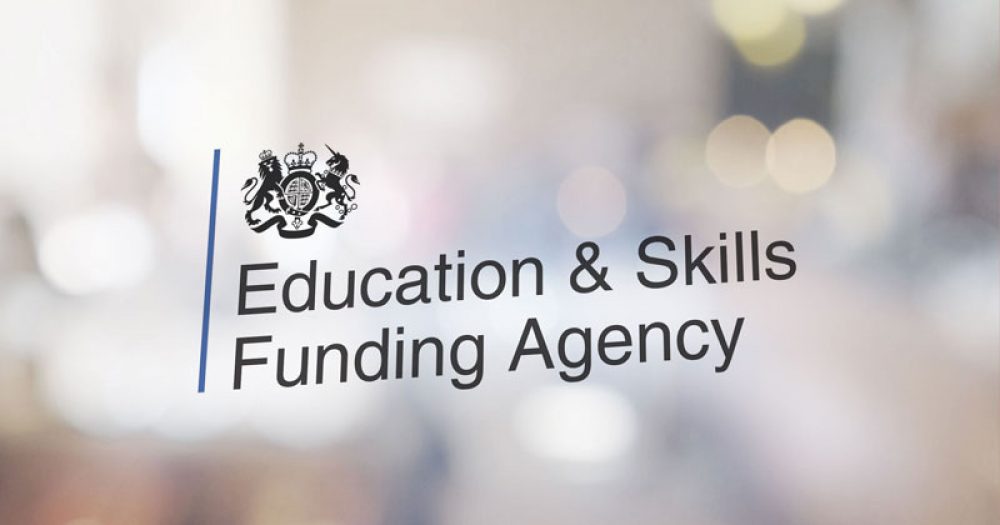Private training providers have maintained their near 10-point lead over colleges in the government’s annual learner satisfaction survey, which was published this week.
The Department for Education released the results of its annual survey, which had 364,589 respondents, representing 18.2 per cent of all learners, on June 13.
Private providers scored 90 out of 100 for their overall satisfaction rating from students compared with 80.9 for general FE colleges.
This is nearly the same result as last year’s, but this time colleges’ scores shifted upwards by an average of 0.5 points, while private providers went up by 0.4.
Overall learners’ satisfaction increased by just over one per cent from a score of 86.6 to 88.
Three providers received a perfect score of 100, all of which were private training providers.

The learner satisfaction survey took place between October 31 last year and April 7, and is comprised of 12 questions with six response options ranging from ‘extremely likely’ to ‘extremely unlikely’.
Only providers with sufficient numbers of responses were included in the results.
Results revealed that learners attending general FE colleges are less likely to recommend their learning provider (78 per cent) than learners attending private providers (88 per cent) and those at other public funded FE institutions (93 per cent).
A high level of learner recommendations appeared to be associated with providers with top Ofsted grades.
Eighty five per cent of learners at providers rated ‘outstanding’ or ‘good’ would recommend their institution, compared with 77 per cent of learners at providers who were rated as ‘requires improvement’ and 74 per cent of learners at providers who were rated as ‘inadequate’ by Ofsted.
Meanwhile, more students studying lower-level courses appear to prefer their providers than those on more advanced levels.
Ninety two per cent of learners studying at level one or below said they would recommend their provider, compared with 83 per cent of those studying at level two and 78 per cent of those on courses level three or above.
The survey also showed that students living in the areas of highest deprivation were slightly more likely to recommend their provider than other learners – 86 per cent compared to 81 per cent of those in the least disadvantaged areas.
The report also found that 16- to 18-year-old apprentices were slightly less likely to recommend their provider than adult apprentices, with 82 per cent likely to do so compared to 88 per cent among the older age group.
Results also showed most apprenticeship framework areas were highly rated by learners compared with classroom-based study in equivalent subject areas.
Female learners were much more likely to recommend the learning provider than male learners – 87 per cent compared to 79 per cent.









Your thoughts